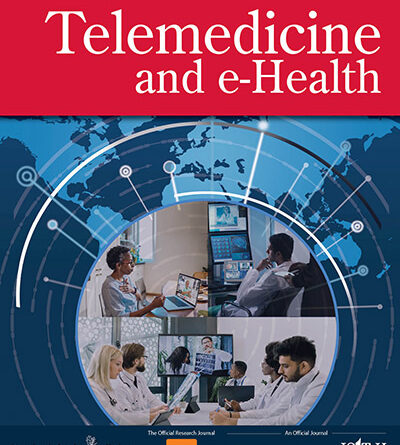Telemedicine and Pancreatic Cancer: A Systematic Review
Introduction:Pancreatic cancer requires a multidisciplinary approach in a high-volume center for all the steps of the diagnostic-therapeutic course. However, the most experienced centers are not evenly distributed throughout the country causing a real “health migration” that involves patients and families with relevant economic, time, and energy costs to bear. The COVID-19 pandemic had a deep impact on surgical and oncological care and the travel limits due to COVID-related restrictions, have delayed the care of cancer patient living far from the referral centers. In this scenario, several telemedicine approaches have been proposed to reduce the distance between clinicians and patients and to allow a fast and effective access to care even for patients distant from referral centers. The aim of the study is to analyze the evidence and describe the current utility of telemedicine tool for patients with pancreatic cancer.
Methods:We systematically searched the literature in the following databases: Web of Science, PubMed, Scopus, and MEDLINE. The inclusion criteria were article describing a telemedicine intervention (virtual visits, telephone follow-up/counseling, mobile or online apps, telemonitoring) and focusing on adult patients with pancreatic cancer at any stage of the disease.
Results:In total, 846 titles/abstracts were identified. Following quality assessment, the review included 40 studies. Telemedicine has been proposed in multiple clinical settings, demonstrating high levels of patient and health professional satisfaction.
Conclusion:Successful telemedicine applications in patients with pancreatic cancer are telerehabilitation and nutritional assessment, remote symptom control, teledischarge after pancreatic surgery, tele-education and medical mentoring regarding pancreatic disease as well as telepathology.


